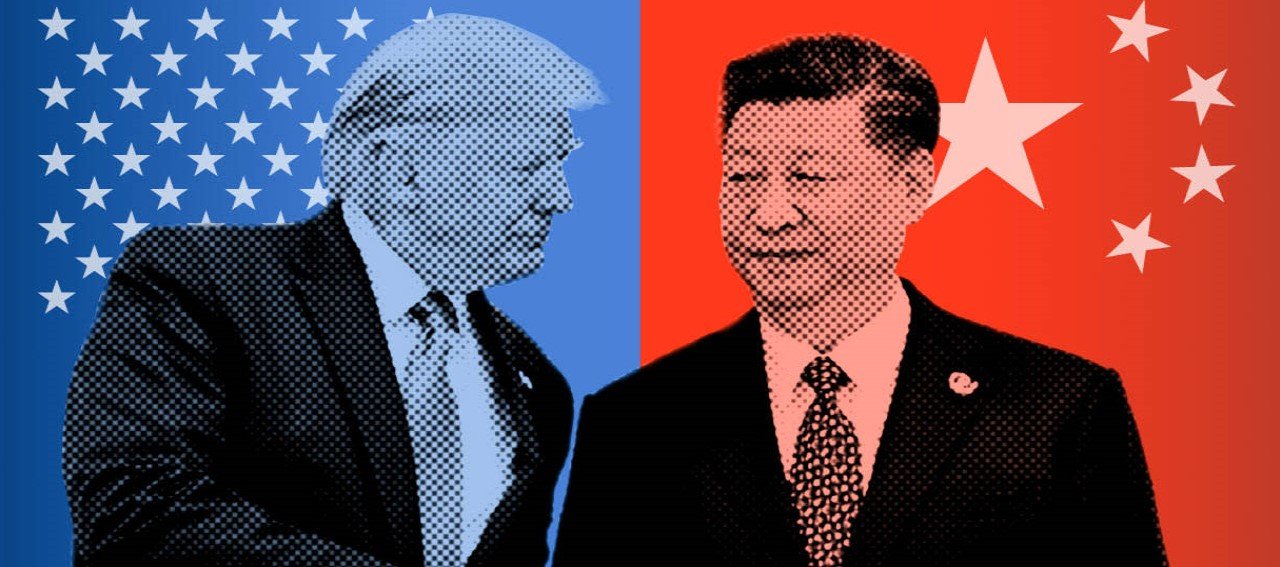

Nov
The strong Western isolationism trend became brutally obvious in 2016, first with the Brexit vote and later that year with the United States elections. Needless to say, China in general and more specifically the problematic trade balance with China that most Western nations are dealing with have been and still are major talking points.
It is abundantly obvious that China is on the receiving end when it comes to this Western wave of isolationism, a situation which is remarkable to the point of being humorous in light of the fact that throughout its vast history, China was a source of isolationism, with other nations being on the receiving end.
As illustrated on more than one occasion here on ChinaFund.com, Ancient China was anything but willing to transact or especially learn from “barbarians” (as foreigners were referred to) and after the First Industrial Revolution, it had to essentially be forced to trade by European powers because it had no desire to do so in a meaningful manner in the absence of coercive action. Moving on, Mao Zedong’s China was once again anything but foreigner-friendly, a situation which hindered its economic growth and it was only after Deng Xiaoping stepped in that the country finally became more open to the idea of globalization and trade.
History sometimes has a twisted sense of humor, as you will undoubtedly agree.
The fact that a country such as China that has been what one would call isolationist millennia rather than just decades or centuries is now on the receiving end of isolationist policies is nothing short of ironic. However, there is nothing humorous about the entire situation because the worldwide political situation can easily degenerate due to concerns surrounding globalization in general and China in particular.
What concerns, one might ask?
For the most part, most concerns that originate from Western countries revolve around the fact that China has been “spoiled” by globalization. More specifically, Western nations have “tolerated” trade deficits with China for decades, which was deemed acceptable back when China was a poor and later on “developing” country but is now considered politically unacceptable.
Why?
For the simple reason that the citizens of prosperous Western nations do not like the fact that globalization tends to act as a long-term equalizer, “taking” prosperity away from rich countries and handing it over to poorer nations. If you are let’s say a poor Chinese farmer, the fact that one wealthy Westerner has to suffer a more or less slight lifestyle reduction so that 4-5 farmers such as yourself can escape poverty seems fair. To the Westerner in question, however, it represents a major frustration cause.
For the most part, the narrative tends to revolve around jobs, anything from pay to job sustainability. In light of the fact that the days of working for just one company over the course of your entire career are for the most part gone, there is a sense of nostalgia correlated with frustration among many Westerners. They feel that job security is slipping, many find themselves working two part-time jobs due to not being able to secure a “good” (full-time) job and the list could go on and on.
Needless to say, even the most basic understanding of human nature tells us a blame game is just around the corner. And globalization seems to be a favorite among culprits, with many employees from the West blaming outsourcing (more specifically offhoring) for the loss of job security they find themselves confronted with.
A tricky situation to tackle, no doubt.
On the one hand, globalization has brought about tremendous economic growth for nations such as China and on the other hand, many average Western citizens have had enough of what they consider the “free ride” that China has been on the receiving end of. The effects of this status quo range from more or less suppressed frustration to the rise of at the very least economic nationalism, with isolationist policies being just around the corner.
Given the present-day politico-economic context, a perfect trade storm might just end up manifesting itself sooner rather than later. If history is to be an indicator, it will ultimately matter little who was “right” in light of the fact that the consequences of trade wars can end up being dire for all parties involved.
Cooler heads will hopefully prevail but as an investor who is either exposed to or interested in Chinese assets (in light of the fact that China tends to be at the epicenter of isolationist tendencies), you have an intellectual obligation to yourself to prepare for scenarios in which that is not the case. Should you or your organization be in need of assistance when it comes to just that, simply reach out to the ChinaFund.com team so as to establish an initial meeting or phone consultation by visiting our Contact section and we will get back to you as soon as possible.
